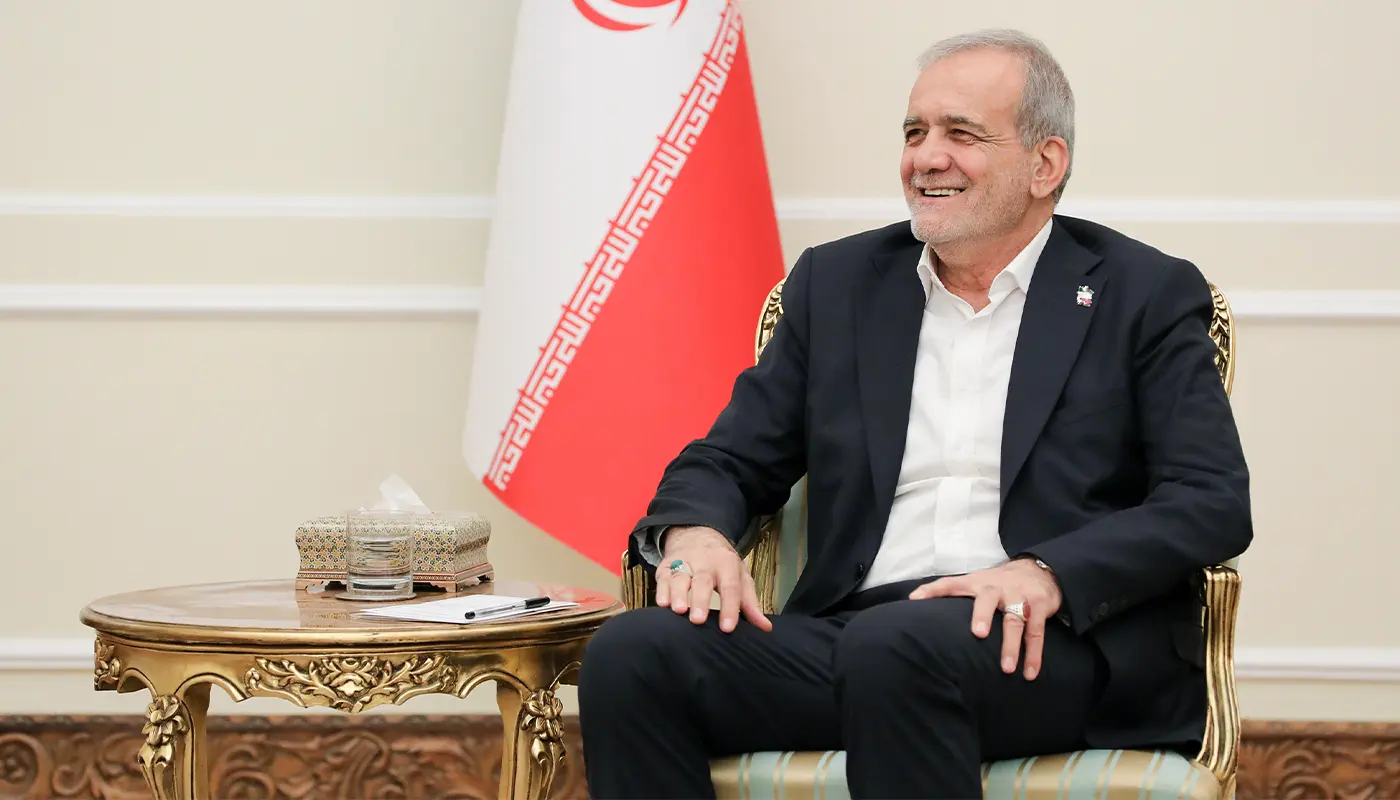Iranian President Masoud Pezeshkian has pledged that the country will rebuild its nuclear facilities following recent strikes by the United States and Israel, declaring that Tehran’s nuclear ambitions cannot be erased by the destruction of infrastructure.
Speaking during a visit to the Atomic Energy Organization of Iran (AEOI) on Sunday, Pezeshkian said the attacks had failed to dismantle the country’s nuclear capabilities.
“Knowledge resides within the minds of our scientists, and destroying buildings and equipment will not erase that,” he stated, emphasising that Iran’s nuclear expertise remains intact.
The strikes, carried out in late June during a brief but intense conflict involving Israel and US, targeted key nuclear sites including Fordow, Natanz, and Isfahan.
Washington claimed the operation, codenamed “Midnight Hammer”, had obliterated Iran’s nuclear programme. However, Iranian officials insist the damage was limited and that reconstruction is already being planned.
Pezeshkian vowed that the facilities would be rebuilt “stronger than before,” echoing earlier remarks made before the attacks.
His comments come amid heightened regional tensions, with US President Donald Trump warning that any attempt by Tehran to restart its nuclear programme could trigger further strikes.
Iran has long maintained that its nuclear activities are for peaceful purposes, though Western powers remain sceptical.
The latest escalation has reignited concerns over the future of the 2015 nuclear deal, which collapsed after the US withdrawal in 2018. Efforts by mediators, including Oman, to revive dialogue between Tehran and Washington have so far yielded little progress.
Security chief Ali Larijani also reiterated Iran’s stance, saying the country is open to negotiations but will not accept “unacceptable conditions” imposed by Western powers.
Analysts note that Tehran’s position reflects a consistent strategy: to demonstrate resilience in the face of military pressure while signalling readiness for talks on its own terms.
The strikes have also raised fears of a broader regional conflict. Israel has repeatedly accused Iran of pursuing nuclear weapons, while Tehran insists its programme is civilian in nature.
The use of GBU-57 “bunker buster” bombs in the June attacks underscored the seriousness of US and Israeli concerns, but Iran’s leadership appears determined to project defiance.
For Iran, the rebuilding effort is not only about restoring physical infrastructure, but also about sending a political message.
By highlighting the resilience of its scientists and the continuity of its nuclear knowledge, Tehran is seeking to reassure domestic audiences while challenging external narratives of defeat.
As the situation develops, the US and Israeli lobby is watching closely to see whether Iran’s pledge to rebuild will escalate tensions further or push both sides back towards the negotiating table.
Sources: Tehran Times, DW









